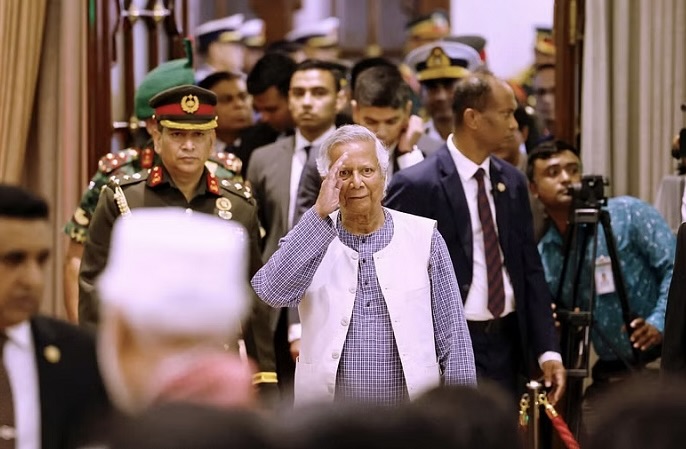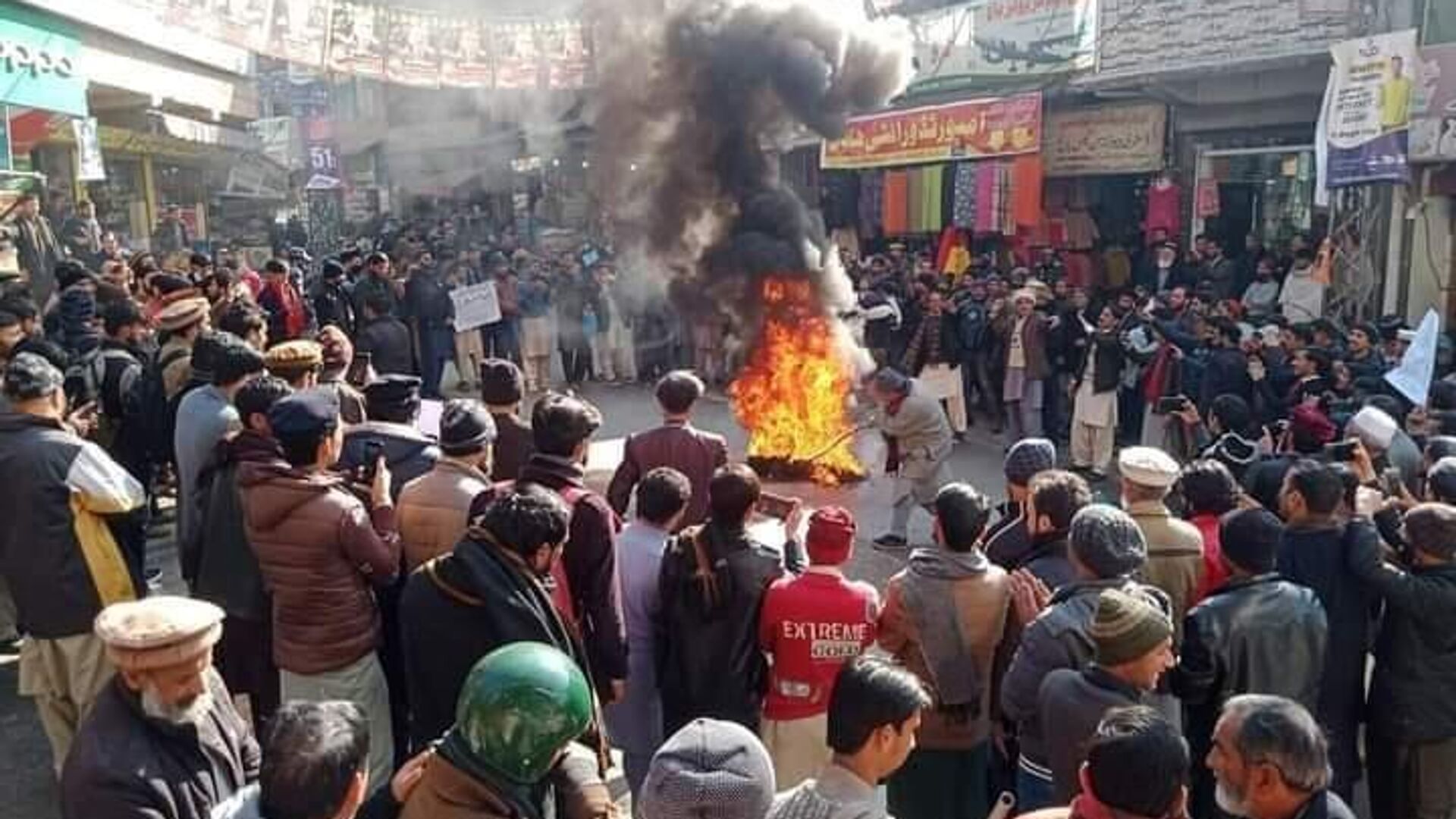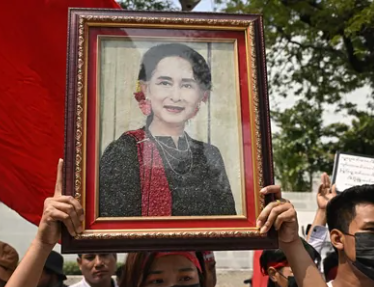Russia reengages the Indo-Pacific
Russia has begun to make its presence felt in the Indo-Pacific as an independent player. A slew of high-level visits has shown Russian intention to engage, following its isolation by the West. The region is ambivalent, but open to listening to multipolar voices.










